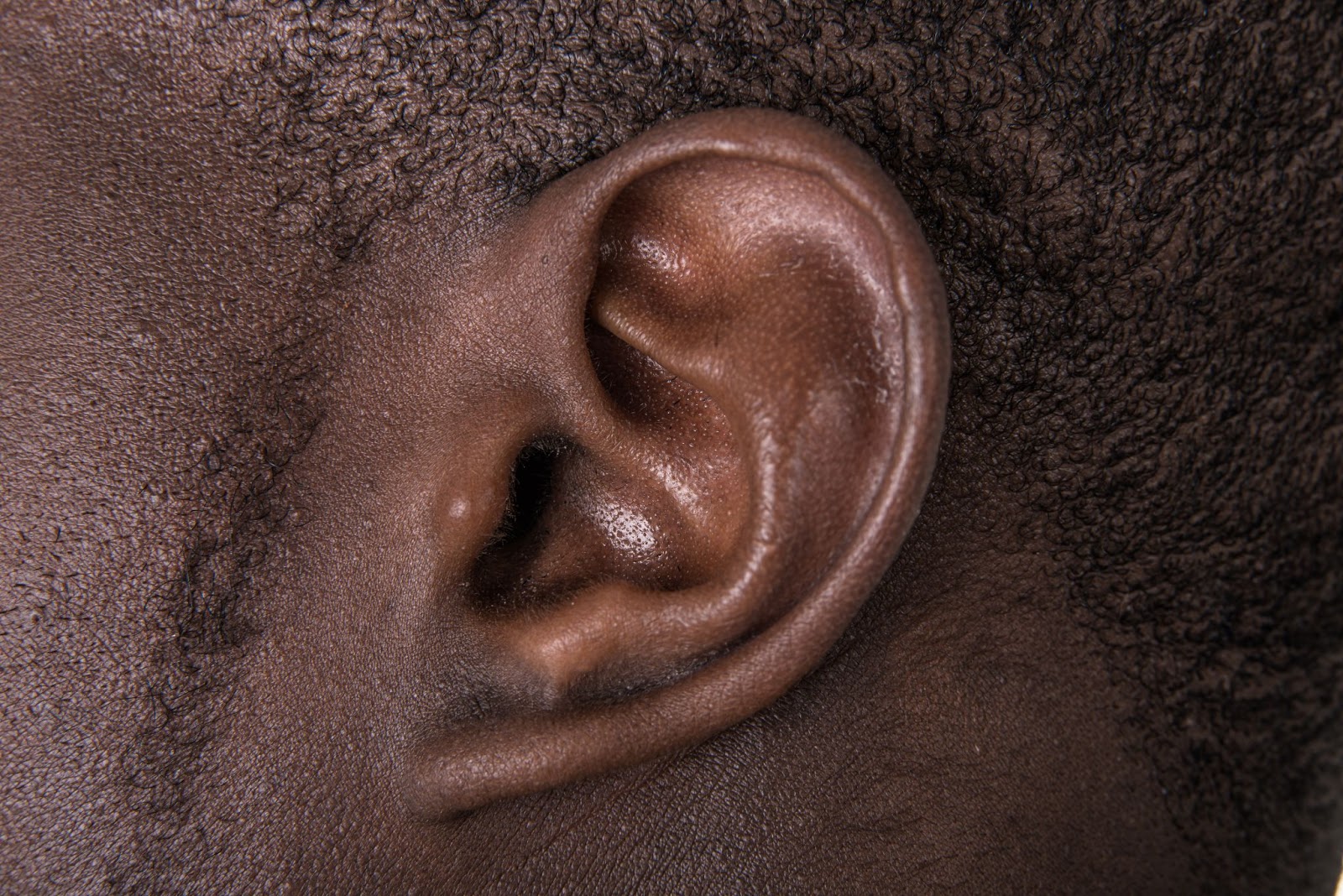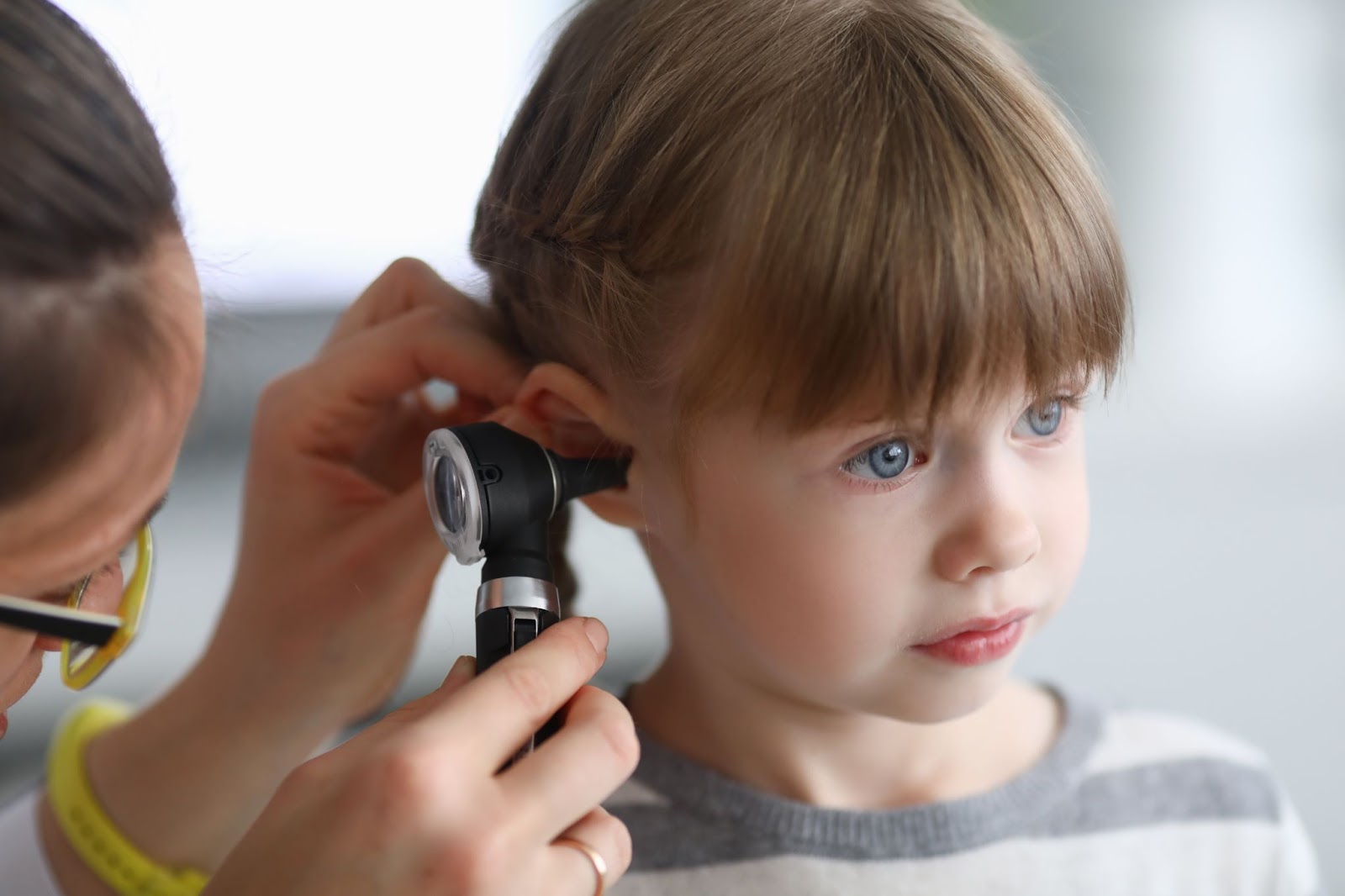Ear congestion causes a feeling of fullness in the ear. It can also cause ear pain, dizziness, and in extreme cases, hearing loss.
Congestion in the ear occurs when the eustachian tube — the small canal that connects your nose and middle ear — is not functioning properly due to a blockage or an obstruction. The eustachian tube ensures that there is equal pressure inside the middle ear.
Here, we will explain the causes of ear congestion, the symptoms you may experience, as well as the available treatment options.
Causes of Ear Congestion
There are many reasons you may be experiencing ear congestion — from illness to high altitudes. Here are some of the most common causes:
- Sinus-related illness: Sinus infections and sinus-related illness, like the common cold and flu, introduce congestion in the nasal passages and subsequently block the eustachian tube, causing dysfunction. When there is any form of blockage inside your ear canal, then the feelings of pressure and fullness take over the inner ear.
- Ear infections: Also known as otitis media, ear infections can cause swelling that results in congestion and muffled hearing.
- Allergies: When you’re seasonal or environmental allergies cause mucus, it can back up in the Eustachian tube or the middle ear.
- Fluid buildup: If you get water in your ear while bathing or swimming, it can get trapped and cause congestion.
- Physical blockage: A physical blockage can include growths, like polyps, or having a foreign object stuck in the ear canal. Both can lead to symptoms of ear congestion.
- Excessive wax buildup: While wax is a protective mechanism for the ear, excessive wax buildup can block the ear canal and cause a feeling of fullness inside the ear.
- Air travel: Referred to as "airplane ear," traveling in higher altitudes causes a sudden increase in pressure that stretches out the eardrum. When this happens, it results in congestion in the inner ear.
- Loud noises: Over-exposure to loud sounds and noises may cause the buildup of fluid in the ears, which can result in hearing sensitivity and congestion in the ear.
Signs and Symptoms of Ear Congestion in Adults
Although ear congestion has common signs and symptoms, they may differ from person to person. For instance, you may experience discharge from your ears but may not have any swelling or itching.
Adults may experience the following symptoms related to ear clogging or congestion:
- The feeling of fullness or stuffiness in the ear
- Pain and tenderness around the affected ear
- Redness and swelling
- Itching, or pruritus
- Fluid from the ear (pus in most cases)
- Fever
- Flu-like symptoms, such as body aches and sore throat
Signs and Symptoms of Pediatric Ear Congestion
Ear congestion is as prominent in children as it is in adults. If your child has any of these symptoms, they may have ear congestion, and you should contact your doctor:
- A feeling of stuffiness inside the ear
- Muffled hearing
- Popping noise inside the ear
Treatment Options for Ear Congestion
Keep in mind, you should exercise caution when using these remedies, as your ears are sensitive parts of your body. Perform all procedures gently. In addition, for prevention, keep your ears clean to avoid wax buildup.
Here are some of the at-home treatment options you can use for ear congestion.
Sinus Infection Treatment
If a sinus infection or sinus-related illness is the cause of your ear congestion, your ears should clear up once the illness subsides.
But before it does, try the following remedies for relief:
- Take a hot shower, as this will open up your nasal passages and relieve sinus pressure.
- Place a warm washcloth over your forehead and nose.
- Use nasal decongestants or nasal sprays.
- Use a humidifier.
If your sinus infection doesn’t clear on it’s own, your doctor may prescribe an antibiotic.
The Valsalva Maneuver
If you've ever driven in high elevations or flown in a plane, your ears might have felt clogged due to the air pressure changes. When this happens, you can use the Valsalva maneuver.
This technique allows you to open up the eustachian tube — also sometimes referred to as "popping your ears." It relieves the pressure that has accumulated inside the eustachian tube.
All you need to do is plug your nose and blow out gently (too much blowing can affect your eardrum) while keeping your lips tightly sealed together.
This puffs up your cheeks and changes the level of pressure inside your ears.
Mineral Oil
Mineral oil is especially useful for clogging in the ear. It involves putting two lukewarm spoons of mineral oil into your clogged ear using an eyedropper. After doing this, keep your head tilted for a total of 15 seconds until the blockage gets better. For optimum results, repeat the process daily or until the congestion goes away completely.
Ear Irrigation
Yes, it is perfectly safe to perform ear irrigation at home. It is a procedure that removes excess earwax using an ear irrigation kit. Once you have your kit ready, drop two tablespoons of mineral or baby oil into your ears to soften the wax, then fill your rubber syringe with water.
When your syringe fills up, gently place it in your ear and use small amounts of water to flush out the wax.
Warm Compress
Place a warm compress over your ear for 5-10 minutes. The warm air from the compress opens up your ear passage.
When Should You See a Doctor?
If the above treatment options don't resolve your ear congestion or you think you may have an ear infection, you should seek medical advice. You may need professional treatment or prescription medication.
You'll also want to visit your doctor if you're experiencing the following signs and symptoms:
- Hearing loss
- Earache
- Dizziness
- Tinnitus (a ringing sound in the ear)
- Discharge
A doctor can review your symptoms and determine the best course of treatment.
Say Goodbye to Congested Ears
Ear congestion is mainly caused by the blocking of the eustachian tube and, in some common cases, the buildup of wax inside the ears. To prevent this congestion and enjoy good hearing, it is essential to ensure that the ears remain clean to prevent excess wax buildup.
For other causes of ear congestion, you can use at-home remedies like warm compresses, the Valsalva maneuver, or ear irrigation.
While it is possible to use home remedies for ear congestion treatment, knowing when to visit a doctor is equally important. If you are using an at-home treatment method that does not relieve the symptoms, it's time to make an appointment.
Taking charge of your ear health will help promote your overall well-being. If you are experiencing hearing loss that isn’t caused by ear congestion, take FreeHearingTest.org's free phone hearing screening test. It takes less than five minutes.
Apart from a phone hearing test, you can also take a free online hearing test from MDHearingAid. It’s designed to work with headphones and only takes eight minutes.

Doug Breaker
Doug is the CEO of MDHearing.com, a leading direct to consumer seller of hearing aids. MDHearing launched FreeHearingTest.org with the mission to offer free hearing screening tests to everyone, and free hearing aids to those in need.



